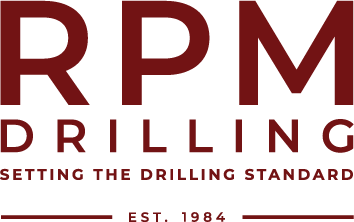BOREHOLE DRILLING
With over 40 years of expertise, RPM Drilling provides borehole drilling solutions tailored to various applications, from water access to geotechnical assessments. Our extensive knowledge of local ground formations, combined with our specialised drilling techniques, ensures that each project is completed efficiently and accurately.
Whether for water, soil sampling, or environmental monitoring, our advanced equipment penetrates diverse ground types, including complex alluvium layers (sand, gravel, and stones), ensuring precision and reliability.
Our high-pressure machinery enables us to drill boreholes up to 300 meters deep, and we’ve developed a proprietary system for perforating steel linings, perfect for improving borehole efficiency, particularly in challenging conditions. For instance, when water sources are located in alluvial layers rather than solid rock, our team can perforate casings to access these sources, maximising the effectiveness of each borehole.
MONITORING BOREHOLE DRILLING AND MORE
RPM Drilling has extensive experience in the installation of monitoring boreholes for various applications, ensuring accurate data collection and site management. We work closely with clients to design and construct boreholes tailored to specific monitoring needs, prioritising meticulous planning and precision.
Our monitoring services include assessing water levels in the alluvial layer above solid rock, where we install boreholes to track water movement and quality. For deeper assessments, we drill into solid rock to monitor groundwater, ensuring that alluvial and rock water remain separate to maintain data integrity. These boreholes are vital for detecting contamination, assessing long-term water availability, and monitoring environmental factors.
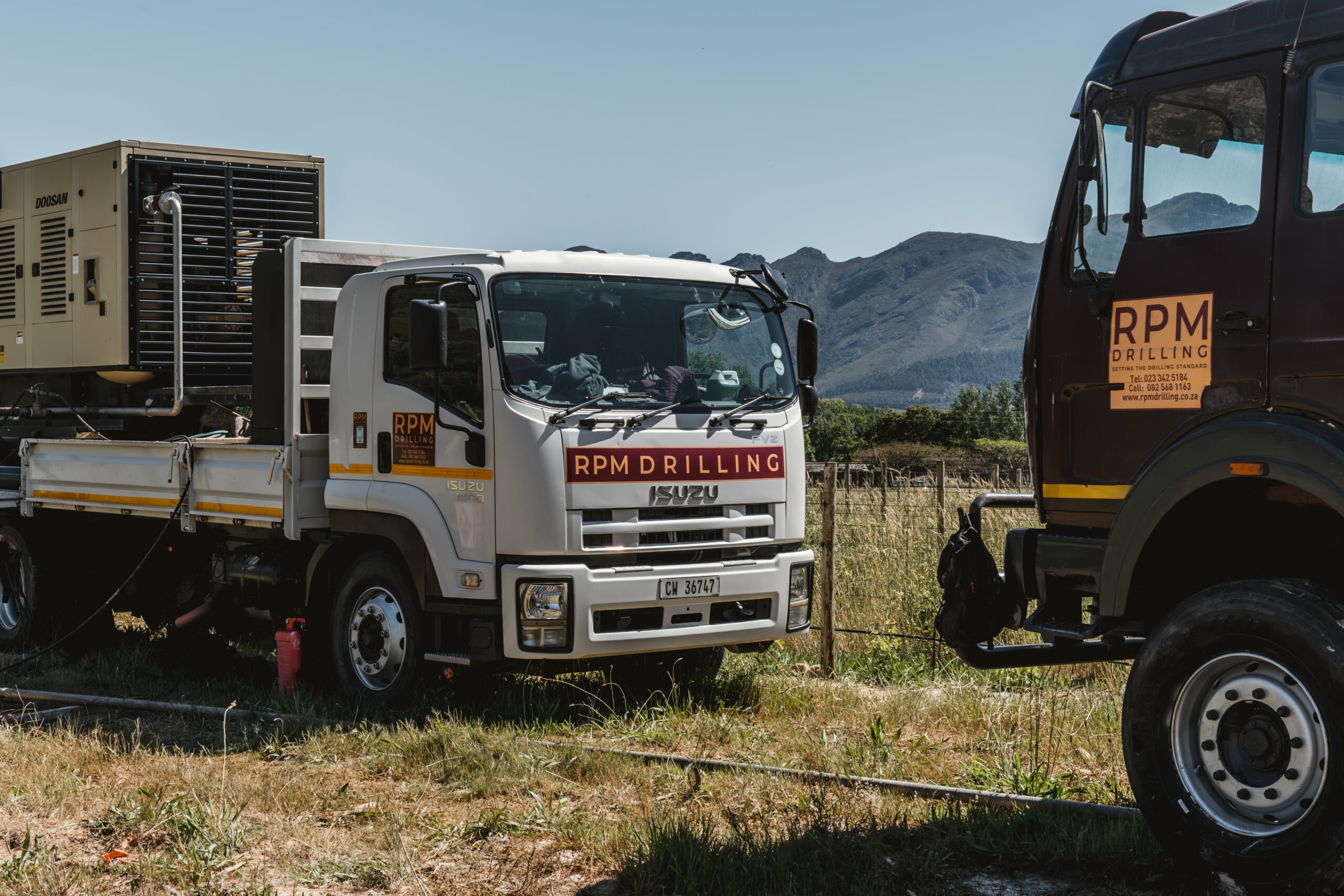
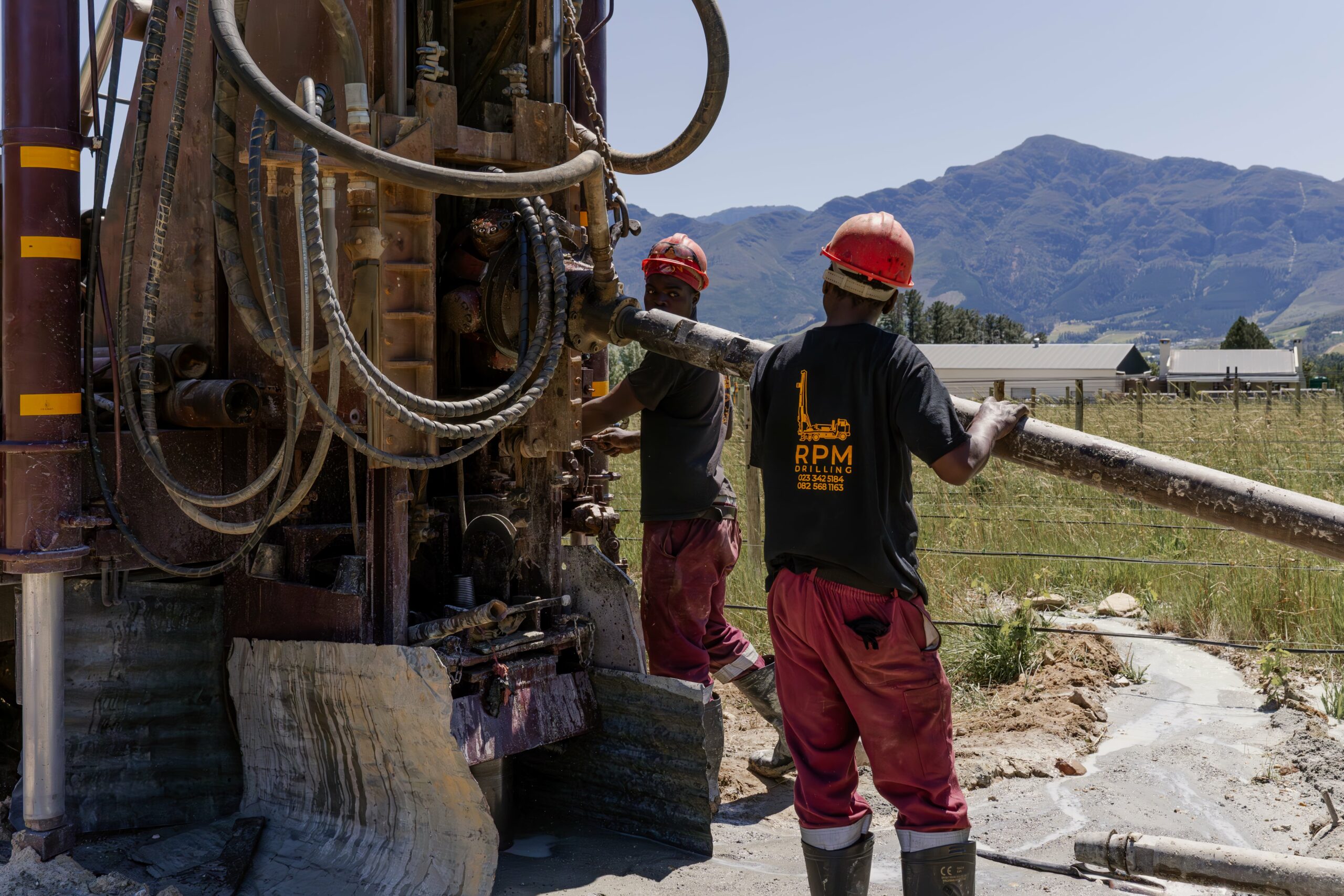
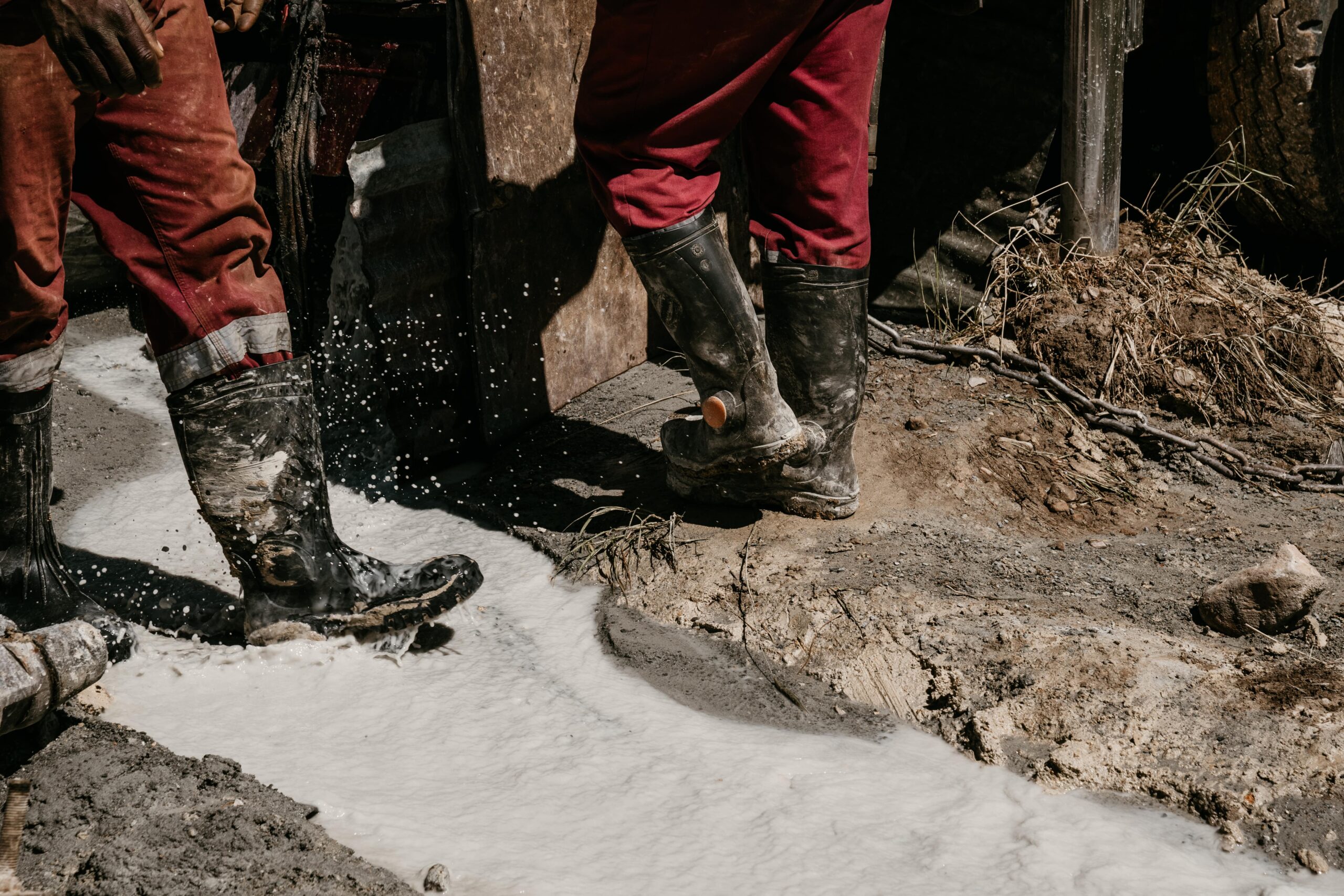
GEOTECHNICAL DRILLING AND PILING
At RPM Drilling, we offer specialised geotechnical and pile drilling services, essential for accurate ground analysis and foundation support in both agricultural and civil engineering projects. Our geotechnical drilling services focus on precise soil sampling to provide critical data on soil composition, stability, and moisture levels.
These insights are invaluable for agricultural planning, helping farmers make informed decisions for crop success and sustainable land use. For civil engineering applications, our soil samples inform the design of infrastructure projects, ensuring that construction is optimised to the specific ground conditions of each site.
Beyond soil sampling, RPM Drilling provides professional piling services for a wide range of projects. Our piling expertise helps establish strong foundations for various structures, from supporting trees and landscape features in agricultural settings to reinforcing buildings, bridges, and other essential infrastructure.
Whether for shallow-rooted or deep foundational support, our piling methods are tailored to meet the specific needs of each project, guaranteeing structural integrity even in challenging conditions.
SOLAR PLANT DRILLING AND OTHER
At RPM Drilling, we specialise in providing comprehensive drilling services for solar plant projects, with a focus on foundation drilling, ground assessment, and the installation of ground mounting systems. Our services are designed to ensure the stability and longevity of solar installations, from site preparation to final construction.
Before the installation of solar panels, we conduct in-depth assessments of the site, evaluating soil conditions, bearing capacity, and other critical geotechnical factors. This thorough evaluation allows us to determine the best approach for foundation drilling and ensure the site is fully prepared for the mounting of solar panels.
